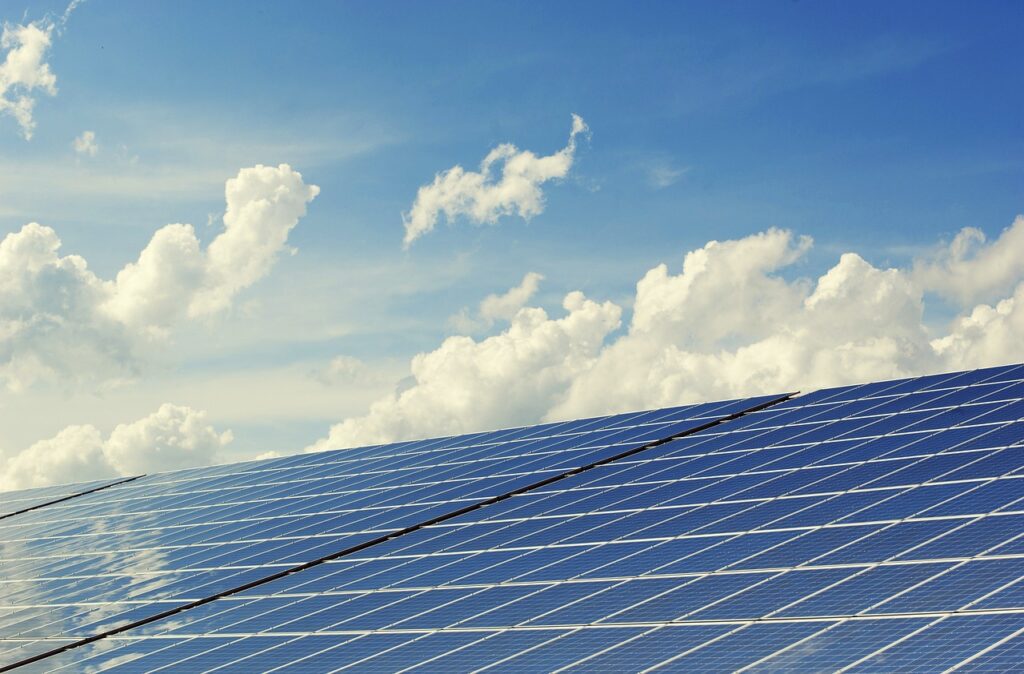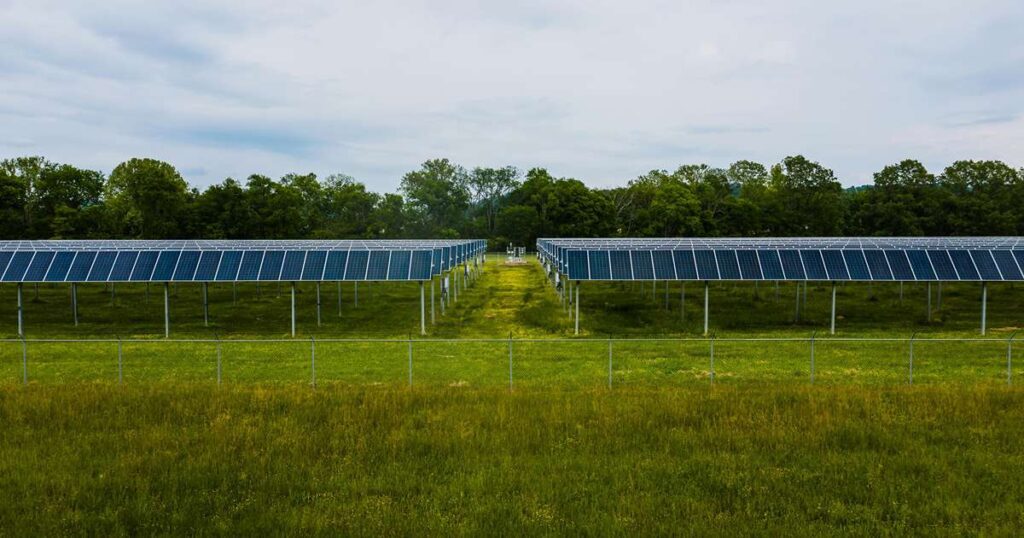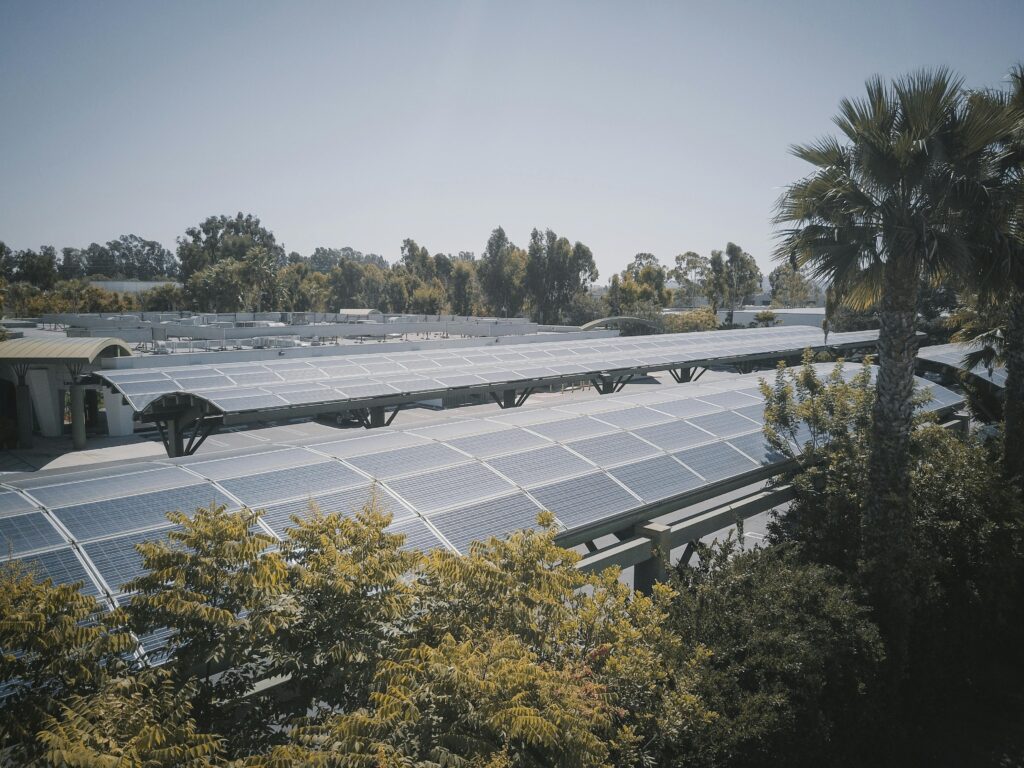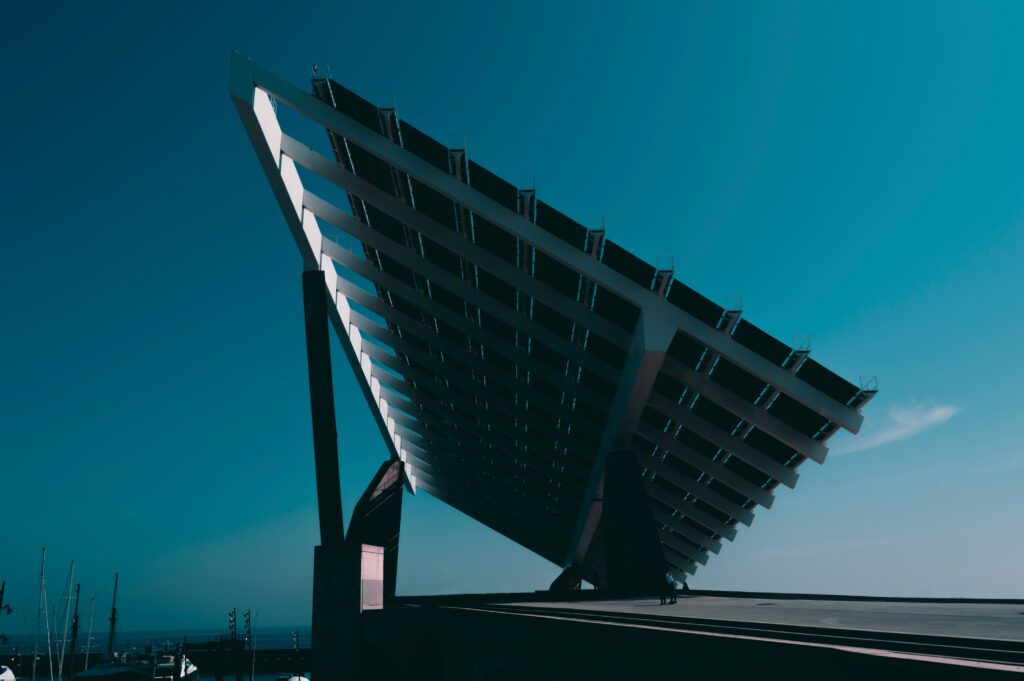The adoption of solar energy is gaining momentum in Pakistan as more people recognize the benefits of sustainable energy. However, the initial cost of solar panel installation can be a significant barrier. This is where HBL Solar Financing comes in, offering an affordable way to make solar energy accessible to more households and businesses.
In this article, we will delve into the flexible solar panel prices in Pakistan and explore the HBL Solar Financing scheme, providing detailed insights into its features, benefits, and how it can help you transition to solar energy.
Table of Contents
Understanding Solar Panel Prices in Pakistan
Solar panel prices in Pakistan can vary significantly based on several factors, including the type of panels, their efficiency, brand, and the installation costs. Here’s a detailed breakdown of what influences these prices:

1. Type of Solar Panels
Further are the types of Solar Panels in Pakistan:
Monocrystalline Panels:
Known for their high efficiency and long lifespan, monocrystalline panels are made from single-crystal silicon. They are typically more expensive but offer better performance in limited spaces and in low-light conditions.
Polycrystalline Panels:
These panels are made from silicon crystals melted together. They are less efficient than monocrystalline panels but are also less expensive, making them a popular choice for residential installations.
Thin-Film Panels:
These are the least efficient but are more flexible and cheaper. They are suitable for installations where space is not a constraint, such as large commercial rooftops or open fields.
2. Panel Efficiency
The efficiency of a solar panel is a measure of how well it converts sunlight into electricity. Higher efficiency panels generate more power per square meter but come at a higher cost.
For example, a 20% efficient panel will produce more electricity than a 15% efficient panel of the same size, which can be crucial for installations with limited space.
3. Brand and Quality
Reputable brands that offer high-quality solar panels typically charge a premium. However, investing in quality panels can be more cost-effective in the long run due to their durability and better performance. Brands like SunPower, LG, and Panasonic are known for their high efficiency and reliable products.
4. Installation Costs
The cost of installing solar panels includes labor, mounting structures, wiring, and other components. Professional installation ensures optimal performance and safety. Installation costs can vary based on the complexity of the installation, the roof type, and the location of the property.
5. System Size
The total cost also depends on the size of the solar power system. Larger systems that produce more electricity will cost more upfront but provide greater savings over time. The system size is usually measured in kilowatts (kW), with a typical residential system ranging from 3 kW to 10 kW.
Average Solar Panel Prices in Pakistan

As of 2024, here is a rough estimate of the prices for different types of solar panels in Pakistan:
Monocrystalline Panels:
- PKR 25,000 to PKR 35,000 per kW
Polycrystalline Panels:
- PKR 20,000 to PKR 30,000 per kW
Thin-Film Panels:
- PKR 15,000 to PKR 25,000 per kW
Environmental Impact of Solar Energy Adoption
Switching to solar energy has significant environmental benefits beyond just reducing electricity bills. Solar energy is a clean, renewable source that helps decrease greenhouse gas emissions and air pollution.
By adopting solar energy, households and businesses in Pakistan can contribute to combating climate change and preserving natural resources. Additionally, solar panels have a minimal environmental footprint compared to conventional energy sources, making them a sustainable choice for the future.
Case Studies of Successful Solar Installations in Pakistan
Several successful solar installation projects in Pakistan demonstrate the potential and benefits of solar energy. For example, numerous residential communities have reduced their reliance on the national grid and lowered their electricity bills through solar power.
Commercial establishments, such as factories and shopping malls, have also adopted solar energy, leading to substantial cost savings and uninterrupted power supply. These case studies provide valuable insights and inspiration for others considering the transition to solar energy, showcasing the practical advantages and long-term benefits of solar installations.
HBL Solar Financing: Making Solar Energy Affordable

To make solar energy more accessible and affordable, Habib Bank Limited (HBL) offers a comprehensive Solar Financing scheme. This program is designed to help individuals and businesses overcome the high upfront costs associated with solar panel installations.
Maintenance and Longevity of Solar Panels
While solar panels are generally low-maintenance, regular upkeep is essential to ensure they perform optimally. Cleaning the panels to remove dust and debris, checking for any damage or wear, and ensuring that the system’s components, such as inverters and batteries, are functioning correctly can extend the lifespan of a solar installation
In Pakistan, with its diverse climate, periodic maintenance can help maximize energy production and protect your investment, ensuring that your solar system remains efficient and reliable for many years.
Financial Benefits Beyond Savings on Electricity Bills
Investing in solar panels offers financial benefits that extend beyond just lowering electricity bills. Solar panels can increase the value of your property, making it more attractive to potential buyers.
Additionally, any surplus energy generated can potentially be sold back to the grid through net metering programs, providing an additional income stream.
Furthermore, with rising energy costs, the long-term savings from reduced reliance on conventional energy sources can be substantial, offering a solid return on investment over the lifespan of the solar system.
Key Features of HBL Solar Financing

Flexible Loan Tenure:
HBL offers flexible loan repayment terms, ranging from 1 to 12 years, depending on the category of financing. This allows customers to choose a repayment plan that best suits their financial situation.
Competitive Interest Rates:
HBL provides competitive interest rates to make solar financing more attractive. The interest rate is generally lower compared to traditional loans, making it a cost-effective option.
No Prepayment Penalty:
Customers can repay their loans earlier than the agreed term without any penalties, providing financial flexibility.
Quick Loan Processing:
HBL ensures speedy processing and disbursement of loans, making it convenient for customers to quickly start their solar projects.
Free Solar Assessment:
HBL offers a free solar energy assessment to help customers determine the best size and configuration of their solar panel systems.
Eligibility Criteria for HBL Solar Financing
To qualify for HBL Solar Financing, applicants must meet the following requirements:
Nationality:
Must be a Pakistani national with a Computerized National Identity Card (CNIC).
Age:
Applicants should be between 21 and 65 years old.
Income:
Applicants must have a regular income that meets HBL’s minimum requirements.
Credit History:
A reasonable credit history and score are necessary to qualify for the financing program.
Property Ownership:
The applicant must own the property where the solar system will be installed.
Tax Status:
The applicant must be an active taxpayer with a valid NTN number.
Benefits of HBL Solar Financing
The HBL Solar Financing program offers numerous benefits, making it an attractive option for those looking to adopt solar energy:
Lower Upfront Cost:
By financing the initial cost, HBL makes solar panel installation more affordable, allowing more people to switch to renewable energy.
Reduced Electricity Bills:
Solar panels generate electricity from the sun, reducing reliance on the national grid and lowering monthly electricity bills.
Environmental Impact:
Solar energy is a clean, renewable source that helps reduce carbon emissions and combat climate change.
Increased Property Value:
Properties equipped with solar panels tend to have higher market values due to the long-term energy savings they offer.
Energy Independence:
With solar panels, households and businesses can become less dependent on the national grid, protecting themselves from rising electricity costs and power outages.
Limitations of Solar Systems and HBL Financing
While the HBL Solar Financing program has many advantages, it is important to consider some limitations:
Eligibility Criteria:
The strict eligibility criteria may prevent some potential customers from qualifying for the program.
Maintenance Costs:
Solar systems require regular maintenance to ensure optimal performance, which can add to the overall cost.
Weather Dependence:
Solar energy production is dependent on sunlight, which can be affected by weather conditions.
Initial Setup Hassle:
Even with financing, the process of setting up a solar system can be complex and time-consuming.
Space Requirements:
Adequate space is required for solar panel installation, which may not be available in all properties.
Government Incentives for Solar Energy
In addition to HBL Solar Financing, the Pakistani government offers various incentives to encourage the adoption of solar energy. These incentives include tax benefits, subsidies, and grants that can significantly reduce the overall cost of installing solar panels. The government also supports renewable energy projects through programs and policies aimed at increasing the country’s renewable energy capacity. Understanding these incentives can help you make a more informed decision about investing in solar energy.
Technological Advances in Solar Energy
The solar energy industry is constantly evolving with new technological advancements that improve the efficiency and affordability of solar panels. Innovations such as bifacial solar panels, which can capture sunlight from both sides, and solar tracking systems, which follow the sun’s movement, can increase energy production. Additionally, advancements in energy storage solutions, such as lithium-ion batteries, enable better storage of solar energy for use during non-sunny periods. Staying informed about these technological advances can help you choose the most efficient and cost-effective solar solutions for your needs.
Impact on Energy Independence and Security
Adopting solar energy significantly enhances energy independence and security. By generating their own electricity, households and businesses reduce their reliance on the national grid and are less affected by power outages and fluctuations in energy prices. This independence is particularly beneficial in areas with unstable electricity supply, providing a reliable and consistent energy source. Additionally, widespread use of solar energy can contribute to national energy security by reducing the country’s dependence on imported fossil fuels.
Community and Social Benefits of Solar Energy
Solar energy adoption can have positive social and community impacts. It creates job opportunities in the solar industry, from manufacturing and installation to maintenance and sales. Furthermore, community solar projects can provide affordable energy to low-income households, reducing energy poverty. By promoting local clean energy production, solar projects can foster community engagement and collaboration, leading to a greater awareness of environmental issues and collective efforts to combat climate change.
Conclusion
HBL Solar Financing is an excellent initiative aimed at promoting the use of renewable energy in Pakistan. By providing affordable financing options, HBL is helping to make solar energy accessible to a wider audience. With flexible loan terms, competitive interest rates, and quick processing, HBL Solar Financing is a viable option for those looking to install solar panels and reduce their electricity costs.
FAQs
1. What is the interest rate for HBL Solar Financing?
The interest rate for HBL Solar Financing varies based on the customer’s credit profile and the loan category. Generally, it is competitive and lower than traditional loan rates.
2. How can I apply for HBL Solar Financing?
You can apply for HBL Solar Financing by visiting any HBL branch or through their official website. You will need to provide necessary documents such as CNIC, proof of income, and property ownership details.
3. What types of solar systems are eligible for HBL financing?
HBL provides financing for off-grid, on-grid, and hybrid solar systems. The financing can be used for both residential and commercial installations.
4. Is there a prepayment penalty for HBL Solar Financing?
No, HBL does not charge any prepayment penalties, allowing customers to repay their loans earlier without additional costs.
5. Does HBL offer any support in choosing the right solar system?
Yes, HBL offers a free solar energy assessment service to help customers determine the best size and configuration of their solar panel systems.
6. Can businesses apply for HBL Solar Financing?
Yes, HBL Solar Financing is available for both domestic and commercial users, making it suitable for businesses looking to reduce their electricity costs through solar energy.
7. What is the repayment tenure for HBL Solar Financing?
The repayment tenure for HBL Solar Financing can range from 1 to 12 years, depending on the category of financing and the customer’s repayment capacity.
8. Are there any tax benefits for installing solar panels?
Yes, the Pakistani government offers various incentives and tax benefits for installing solar panels, which can further reduce the overall cost of solar energy systems.
9. What are the maintenance requirements for solar panels?
Solar panels generally require minimal maintenance, such as periodic cleaning and inspection to ensure they are free of debris and operating efficiently. HBL provides guidance on maintenance best practices.
10. How does HBL handle the loan disbursement process?
Once your loan application is approved, HBL disburses the loan amount directly to the solar system provider, ensuring a smooth and hassle-free process for the customer.
11. Can I upgrade my solar system through HBL financing?
Yes, if you need to upgrade your existing solar system to a larger capacity, you can apply for additional financing through HBL, subject to eligibility criteria.
12. What happens if I default on my loan?
In the event of a loan default, HBL has the right to take legal action to recover the outstanding amount. It is important to communicate with the bank if you face financial difficulties to explore possible solutions.
One Response